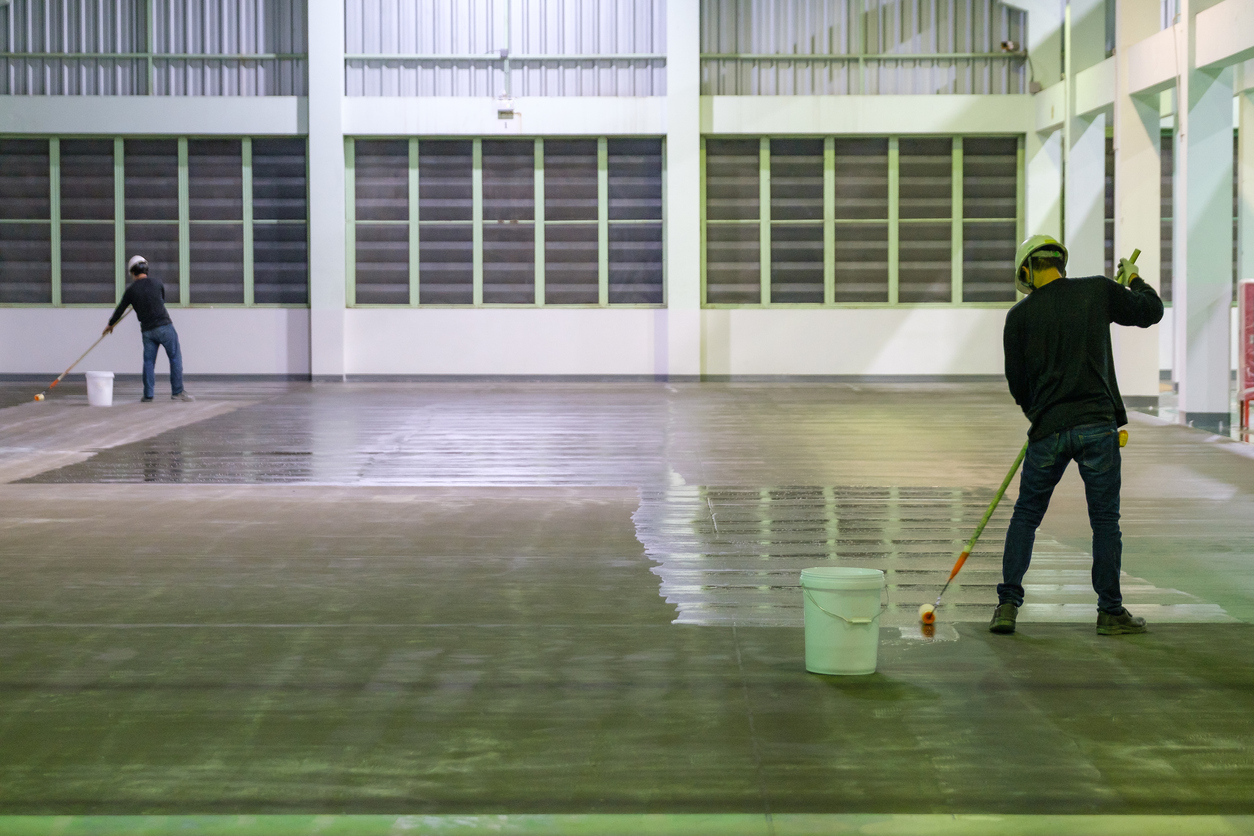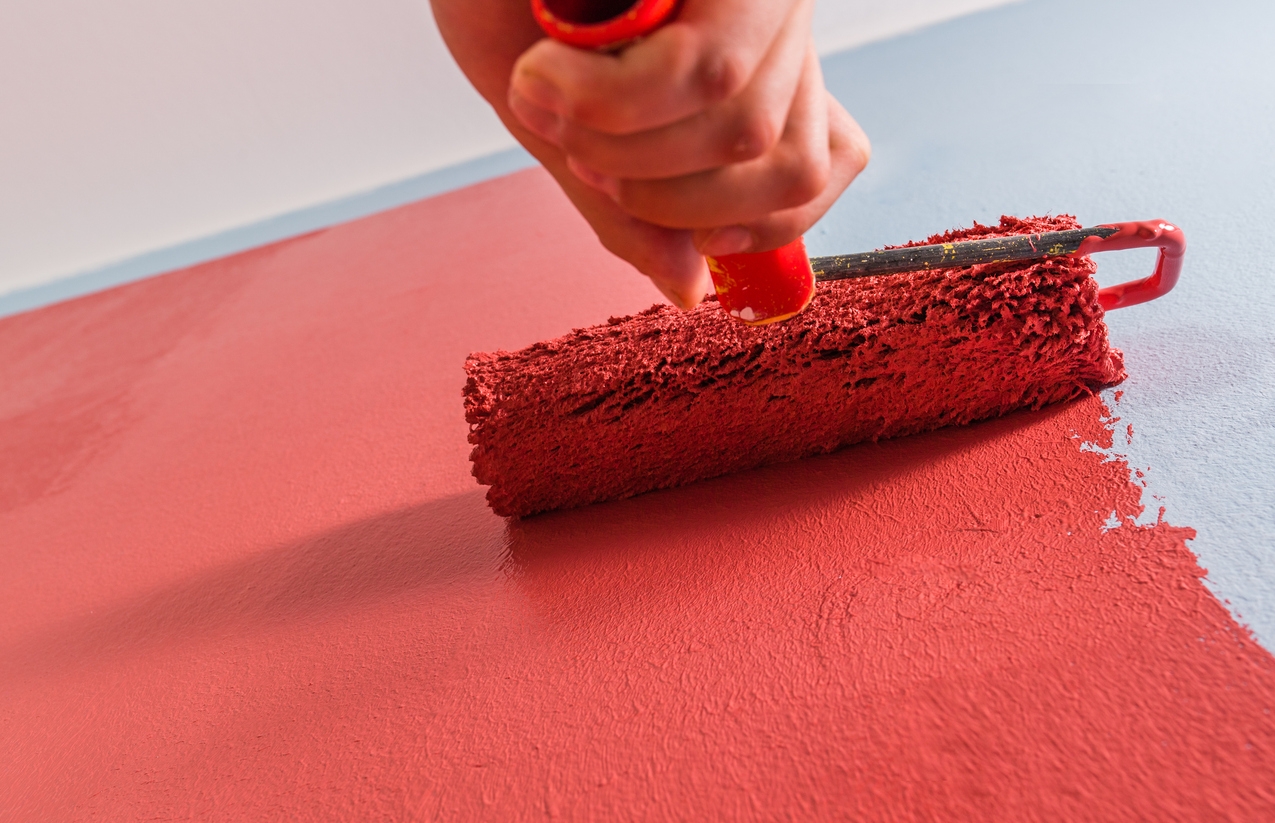It’s natural when clients exercise caution when looking for commercial painters in the Bay area including Concord. After all, they do not want to entrust their residential or commercial property to painters who cannot deliver the job as promised. Its also important to understand that residential painters do more than just painting. They also tackle projects like wallpaper removal, wood rot repair and light
That’s why clients usually list several important questions they want to ask every candidate to ensure they hire the right painter for the job.
Be clear on your needs
As with any commercial space improvement project, planning makes everything go smoothly. As a client, plan your paint project and start researching local commercial painters in Pleasant Hill. As you go along, you may want to prepare a list of questions for them as well.
You must also be clear on what you want and need before calling painters. This information will help you get the most accurate estimates.
- Will this be an interior or exterior painting job or both?
- What areas of your home do you want painted? Will it be a single wall or the entire room?
- How many rooms or areas do you want to be painted?
- Do you need other services, such as mold and mildew removal, wood rot removal, custom crown molding installation, etc., before the painting starts?
Common questions to ask a commercial painter
When hiring a commercial painter in Antioch, CA, clients often have several important questions to ensure they are hiring a qualified and reliable professional. Here’s an in-depth discussion of these common questions:
1. “How long have you been in the business?”
This question helps clients gauge the painter’s experience and reliability. A company with many years in the business likely has a proven track record and the expertise to handle complex commercial projects. Experienced painters are also more adept at dealing with unexpected challenges, ensuring a smoother process.
2. “Are you licensed and insured?”
Clients ask this to ensure the painter operates legally and has adequate insurance to cover any damages or injuries that might occur during the project.
- Licensing:
Not all states require painters to be licensed. However, in states like California, a contractor’s license is mandatory. The California State License Board (CSLB) oversees this, and hiring a licensed painter ensures they meet state requirements, including passing exams and maintaining a bond. - Insurance:
Painters should have liability insurance (to cover property damage) and workers’ compensation insurance (to cover injuries to workers). It protects clients from potential financial and legal issues.
3. “Do you subcontract or employ your own workers?”
This question helps clients understand who will work on their project and ensures accountability.
- In-house employees:
Painters who employ their own workers usually have more control over quality and consistency. Their team is likely trained to meet the company’s standards. - Subcontractors:
While subcontracting is common, it can sometimes lead to varying skill levels and less accountability. Clients should ask how subcontractors are vetted to maintain quality.
4. “Do you give references?”
References provide insight into the painter’s reputation and past performance.
- Importance:
Potential customers can learn about the painter’s professionalism, timeliness, quality of work, and ability to stay within budget by contacting past clients. - Red flags:
Painters hesitant to provide references may not have a strong track record or satisfied clients.
5. “What kind of tools and materials do you use?”
This question ensures the painter uses high-quality materials and industry-standard tools for a durable and aesthetically pleasing finish.
- Paint and materials:
Clients should ask about the brands and types of paint (e.g., low-VOC, eco-friendly) and other materials (e.g., primers, sealants) used. - Tools:
Advanced tools like spray equipment, scaffolding, or high-quality rollers and brushes indicate professionalism and efficiency. - Safety:
For commercial projects, using OSHA-compliant equipment is critical for safety and compliance.
6. “Do you offer a written warranty? And how long is it?”
A warranty demonstrates the painter’s confidence in their work and provides peace of mind for the client.
- Written guarantee:
A written warranty outlines the scope of coverage, including what issues are covered (e.g., peeling, blistering, or flaking paint) and the warranty’s duration. - Standard durations:
Warranties typically range from 1 to 5 years, depending on the project and materials used. Other painting contractors offer even more extended warranties.
7. “Can you explain your prep work process?”
Proper preparation is key to a successful paint job, particularly in commercial settings.
- Steps:
Painters should describe their process, including cleaning surfaces, repairing cracks or holes, sanding, and applying primer. - Custom needs:
For specialized surfaces like metal or concrete, the prep work might involve sandblasting, etching, or rust removal. Clients should ensure the prep work aligns with their building’s requirements. - Importance:
Thorough prep work ensures the paint adheres properly and lasts longer, reducing future maintenance costs.
8. “What additional services do you offer?”
Clients might be interested in other services that enhance or complement the painting project.
- Examples of additional services:
- Power washing before painting.
- Drywall repair or installation.
- Decorative finishes or murals.
- Anti-graffiti coatings or non-slip flooring applications for safety.
- Color consultation to align with branding or design needs.
- Value add:
Offering a range of services can streamline the project by reducing the need to hire multiple contractors.
9. “Can you provide estimates?”
Clients in the Lafayette, CA area need detailed, transparent estimates to compare contractors and budget effectively. A professional painter will provide a written estimate that includes the cost of labor, materials, prep work, and any additional charges. They should also explain their pricing structure, such as whether they charge by square footage, time, or complexity. Accurate estimates prevent surprises and build trust with clients.
Conclusion
These questions help clients assess a commercial painter’s qualifications, professionalism, and fit for their specific project. By addressing these concerns transparently and confidently, painters can build trust and establish themselves as the right choice for the job.
You may have other questions in mind. However, the questions above will be sufficient in hiring a qualified commercial painter. Custom Painting, Inc. is highly reviewed by clients like you. If you live in or around Concord, complete our Contact form or call us at 925-686-0903. We are a licensed and insured company with over 40 years of experience in the local paint service industry. When you work with us, rest assured that you’re getting a high-quality paint job that will last for years.




